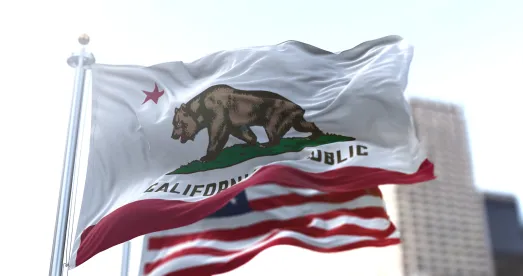California reaffirms its reputation as the most employee-friendly state and raises potential liability for employers. On May 23, 2022, the California Supreme Court issued the long-awaited decision in Naranjo v. Spectrum Security Services, Inc., finding that meal and rest period premiums are “wages” under California law and thus employers could be liable for failure to properly report and timely pay those premiums.
California law requires employers to pay non-exempt employees a premium of one hour of pay for non-compliant meal or rest periods – such as when an employee is unable to take their break or does not receive a full, uninterrupted break. California state and federal courts have reached conflicting interpretations as to whether premium pay is considered “wages” for purposes of California waiting time penalties (Cal. Lab. Code § 203) and wage statement requirements (Cal. Lab. Code § 226).
The Naranjo case involves a class of security guards who alleged that Spectrum Security Services had violated California labor law by failing to report the premium pay for missed meal breaks on employees’ wage statements and failing to timely pay the premium for missed breaks upon an employee’s separation from employment. A California appellate court found that the premium payments did not constitute “wages” and thus employers could not be penalized for failing to timely pay or report such wages. The California Supreme Court reversed that decision and held that premium payments for missed meal or rest breaks are wages and thus can result in wage statement and waiting time penalties. In a unanimous decision, the California Supreme Court specifically held that “[a]lthough the extra pay is designed to compensate for the unlawful deprivation of a guaranteed break, it also compensates for the work the employee performed during the break period.”
What Employers Should Know
The decision reaffirms the importance of strict compliance with California’s labor laws and the harsh implications and penalties that can stem from meal and rest break violations. As Naranjo now makes clear, meal and rest period violations can subject employers to waiting time and wage statement penalties if the premium payments are not properly reported and timely paid. To limit liability and exposure, California employers must be cognizant of recent developments and vigilant in updating and enforcing meal and rest period policies and payment procedures to ensure prompt reporting and payment of wages.



 />i
/>i
